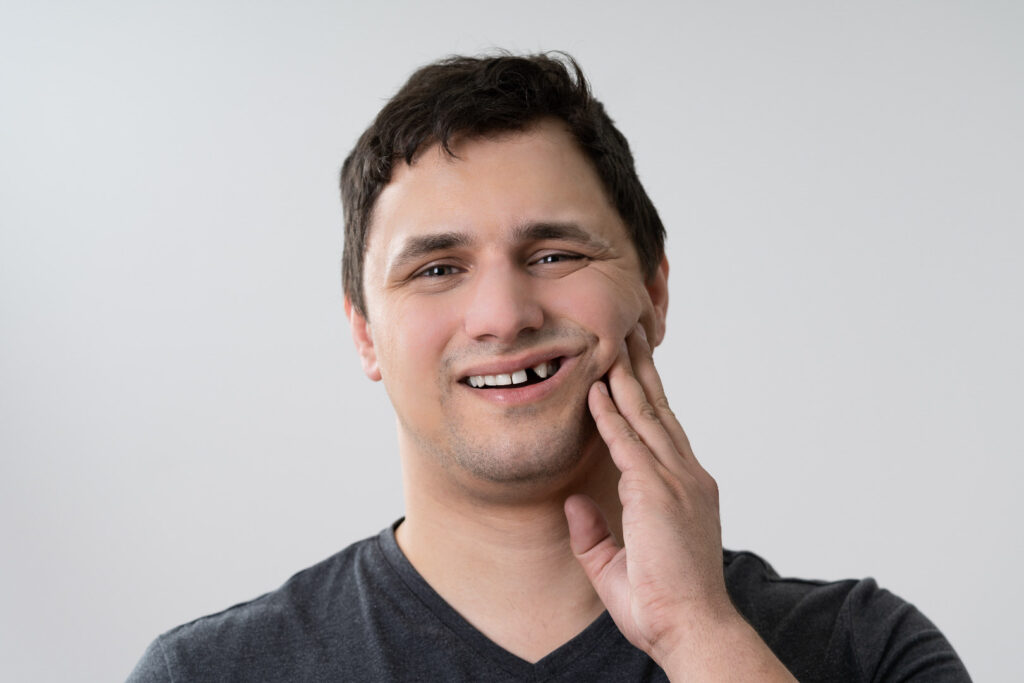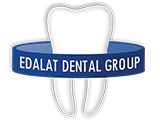Get in touch with us by calling or filling out the form below

Tooth Extractions in Whittier, CA
Tooth extractions are a common dental procedure performed on millions of Americans per year. There are several reasons why a patient may need a tooth extraction, such as pain or discomfort that pain medications cannot abate or another dental procedure cannot fix the tooth.
What is Tooth Extraction?
Tooth extraction is an outpatient procedure designed to help patients by removing one or more teeth. They are fairly common and are meant to help patients who are experiencing pain or discomfort and need relief.
Type of Tooth Extractions
There are two types of tooth extractions we may perform. They are:
- Traditional Extractions. This extraction is performed on teeth that are broken, partially erupted, or above the gumline wisdom teeth. During this procedure, a physician administers an anesthetic. Once it’s ready, the tooth is loosened and removed through tools called an elevator and forceps.
- Surgical Extractions. This extraction is for either fully or partially impacted teeth. Like a traditional extraction, a local anesthetic is administered. Unlike a traditional extraction, the physician makes an incision along the gumline. The newly exposed tooth gets cut into sections. Finally, forceps remove each piece.

Reasons for a Tooth Extraction
While a tooth is likely to need removal because of pain or discomfort, there are other reasons why we may decide to extract a tooth. Below is a list of reasons why we may decide to remove one or more teeth:
- The mouth is overcrowded
- A tooth has excessive decay and is not preservable
- Has a deep infection
- Is impacted
- Partially erupted
- Loose from gum disease
- Needs to prepare for braces
- A patient needs wisdom teeth removal
When it comes to this last reason, impacted wisdom teeth may need to be extracted if they cause problems such as pain, infection or gum disease, damage to bone or a nearby tooth, or any other reason a physician sees fit.
What to Expect From a Tooth Extraction
For patients who have never had a tooth extraction done before, they may have several questions. Such as:
1. Does it hurt?
For most patients, the pain of a tooth extraction is tolerable. However, medications besides anesthesia are available, such as laughing gas, for those with a low pain tolerance or dental anxiety.
The type of tooth extraction performed, how many teeth were removed, and the extraction location may also determine pain level.
2. How will it heal?
It is normal if patients experience a little bit of bleeding in the 24 hours following the procedure. Swelling and mild pain is also normal and nothing to be concerned about. Patients may experience dry sockets. If their pain worsens two or three days after the dental extraction, they should notify their dentist as soon as possible.
Without complications, a patient’s mouth will heal as new gum tissue grows over the empty socket. This tissue will grow in the following one or two weeks after the procedure, but it will still take several weeks to heal completely.
3. What needs to be avoided?
After a tooth extraction, it is best to avoid certain activities such as rinsing, spitting, sucking, and smoking. This is to reduce further complications after the procedure, such as the aforementioned dry socket. These activities can disrupt the formation of the empty socket’s blood clot, exposing the nerve and bone. This is a painful condition but can be treated.
4. What is the aftercare?
For the aftercare, most patients will be prescribed painkillers which they will take for the first three days. A liquid diet will be recommended while the mouth is still numb, although the patient can move on to soft foods once the numbness has worn off. After a few days, the patient can return to solids.
Make an Appointment Today
Contact us or make an appointment today if you are experiencing tooth pain or think you may need a tooth extraction.
